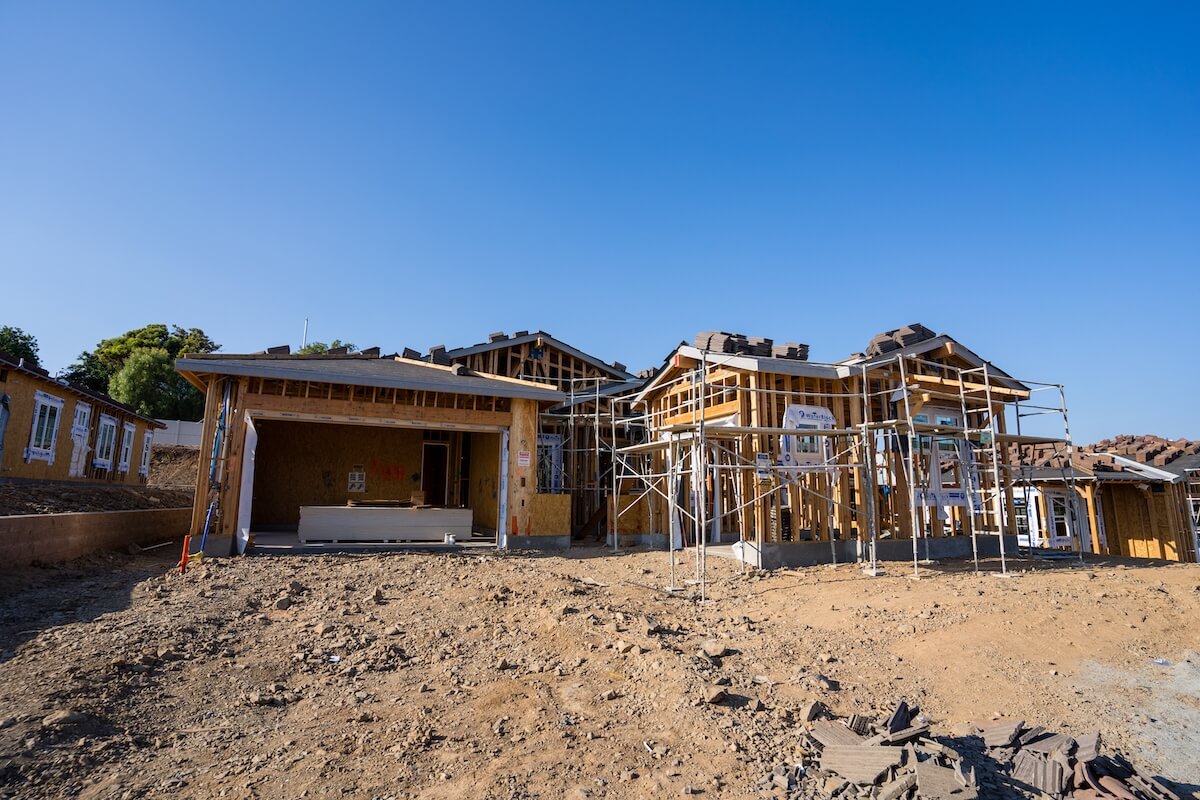
New or old? Answering this question is the logical starting point for looking for a new home.
When considering whether or not to buy a new construction home and or buy a resale home, it is important to acknowledge that each has its own unique advantages. But let’s first be clear on the definitions of the two: New construction references homes that are 100% new from bottom to top; resale means that, no matter how much it’s been renovated over its lifetime, there was a previous owner.
Now that we understand the two types of homes that are potential options for your new home, here are some key differences between the two:
New construction home considerations
Energy efficiency. New construction homes tend to incorporate the latest energy-efficient features and materials. Generally, this relates to hidden things like insulation and more visible options like windows and appliances. These additions to a home can lead to lower utility costs and a smaller environmental footprint.
Customization options. Buying a new construction home may allow for greater customization. Depending on when you find the home and what stage it is in the building process, you may have the opportunity to choose or adjust floor plans, finishes, and upgrades based on your preferences and budget. This is attractive because you can tailor the home to your specific needs, either now or in the future. Maybe you want to add plumbing to the basement for that teen bedroom you envision one day or want stair access above the garage for a potential future home office. New construction can offer this and more to you.
Home inspections. While new construction homes typically undergo a variety of inspections during different stages of the building process to ensure that they meet quality and safety standards that are current, it is certainly a step that makes life a little easier for you. The Yosha Snyder Group still considers it important to have independent inspections of the foundation, pre-drywall, and the structure a few weeks before the purchase is considered ready to finalize.
Home warranties. Builders often provide warranties for new construction homes, covering structural defects and major systems for a certain period. This can offer peace of mind and financial protection in case of unexpected issues.
Resale home considerations
Home value appreciation. Resale homes tend to be located in established neighborhoods, where property values may have appreciated over time. This allows for a potentially better return on investment in the long term because there is established history.
Historical charm and mature landscaping. Resale homes often have unique architectural features, character, and mature landscaping that can add aesthetic appeal and a sense of history to the property. In many cases, these features are what makes the house attractive in the first place. Want that gabled roof? That window seat in the baby’s room? The established perennial garden? These, and more, could be yours.
Maintenance costs. Older homes may require more maintenance and repairs compared to new construction homes. Systems and components such as the roof, HVAC, plumbing, or electrical systems may need updates or replacements, which can result in higher maintenance costs.
Established communities. Resale homes are typically located in established communities with existing amenities, schools, and infrastructure. This can provide a sense of community and convenience that may take time to develop in new construction areas.It’s important to note that one type of home is not necessarily better than the other. The choice between a new construction home and a resale home depends on budget, location, and personal circumstances. Also, some people prefer the modern features and customization options of new construction homes, while others appreciate the charm and potential value appreciation of resale homes. The easiest way to work through all of the potential options is by hiring the right REALTOR® to work with you. Your REALTOR® at the Yosha Snyder Group will assist you every step of the way by evaluating your priorities, considering your long-term plans, and conducting thorough research will help you make an informed decision.
